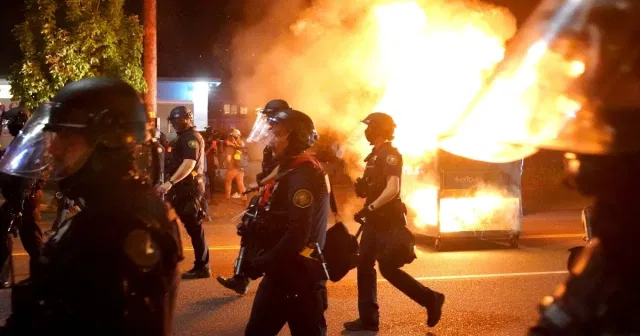
When cities cut the police, Americans bleed.
That is the contention advanced by one researcher who believes that the full-scale retreat from supporting police that has taken place in Minneapolis and other cities is fueling an increase in violence that is claiming American lives.
“I think what Minneapolis is seeing is the same thing we’re seeing all over the country,” Paul Cassell, a professor at the University of Utah’s S.J. Quinney College of Law and a former federal judge, told KMSP-TV.
“We’re seeing a reduction in proactive policing, and as a result of that homicide and shootings are skyrocketing all over the country.”
Cassell said what he calls the “Minneapolis Effect” is not simply an increase in rioting, as was seen in the riots that took place after the May 25 death of George Floyd in Minneapolis.
That began the chain of events, he said, but what followed was a pattern in which police departments backed down and backed off of tactics that would deter crime before it took place.
Further, local political leaders in cities such as Seattle, Chicago, New York City and Philadelphia — among others — began calling for their police departments’ budgets to be cut. Even without the reductions budget cuts entail, Cassell suggested that the anti-proactive policing sentiment may have led to a further reluctance on the part of local departments to be aggressive.
“Specifically, law enforcement agencies have been forced to divert resources from normal policing to patrolling demonstrations,” Cassell wrote in the abstract of his paper that is being published in the Federal Sentencing Reporter.
“And even as the anti-police protests have abated, police officers have scaled back on proactive or officer-initiated law enforcement, such as street stops and other forms of policing designed to prevent firearms crimes.”
“Where it’s become very controversial is the idea of massively shifting resources away from police departments and into other services because then you start to impact core police functions,” he added to the Sinclair Broadcast Group. “What my research shows is, beginning in the last week of May, there was a significant upward spike in homicides and shootings in a number of urban areas.”
“My estimates are that several hundred additional victims were murdered because of a reduction in policing,” he said. “There are very significant trade-offs that need to be considered here that have truly life-threatening implications if they’re not handled carefully.”
The Minneapolis-inspired crime spree had led to 710 additional homicides and 2,800 more shootings, Cassell said. He noted that most victims are poor and minorities, who he said are casualties of a policing pullback that has allowed more guns on the street.
“There has been a boomerang effect. We’re seeing a decline in policing that is striking in particular minority victims,” Cassell told KSL-FM, adding that police “play a vital role in preventing gun violence. Everything that interferes with that role can have deadly consequences.”
He said local governments need to look beyond impulses when and if they cut police budgets.
“If this article’s thesis about a Minneapolis Effect is correct, an important implication is that policymakers in major cities should proceed cautiously before taking step to ‘defund’ the police in ways that might reduce proactive policing that is important in preventing gun violence,” Cassell wrote in the abstract of his paper.
Human dynamics are also a factor, said Lisa Clemons, a former Minneapolis police officer who now is the director of an outreach group called Mother’s Love Initiative.
“When you say, ‘abolish the police, we want the police gone,’ everything in a negative term, you don’t think they hear that?” Clemons said.
Cassell laid out his case in an Op-Ed for The Wall Street Journal that pointed out that in Chicago, one of the major cities where homicides have spiked, murders were up 52 percent as of Sept. 1, when as of May 28, the number of murders was on par with 2019.
“Chicago’s shooting spike reflects what is happening in many major cities across the country. Researchers have identified a ‘structural break’ in homicide numbers, beginning in the last week of May. Trends for most other major crime categories have remained generally stable or moved slightly downward,” he wrote.
“What changed in late May? The antipolice protests that began across the country around May 27 appear to have resulted in a decline in policing directed at gun violence, producing — perhaps unsurprisingly — an increase in shootings.”
Cassell wrote that “in cities around the country, both law-enforcement and citizen reports suggest a general reluctance by officers to engage in hot-spot and other enforcement efforts that are most effective in deterring gun violence.”
via westernjournal


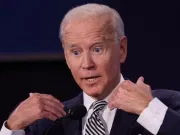
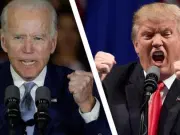


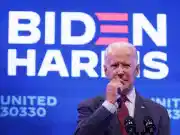
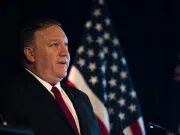

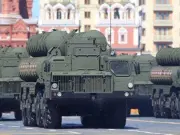

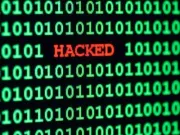

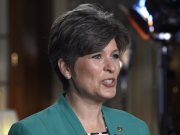



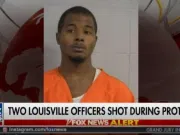
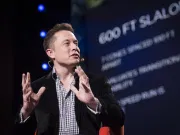

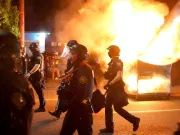

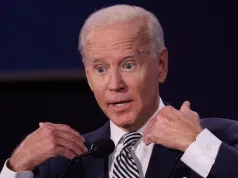
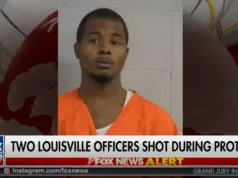
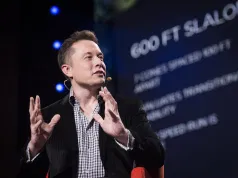

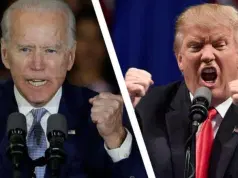
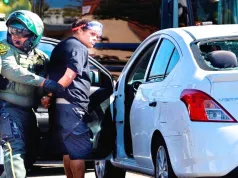



★Makes $140 to $180 reliably online work and I got $16894 in one month electronic acting from home.I am an a modest piece at a time understudy and work in a general sense one to a few hours in my extra time.Everybody will finish that obligation and monline akes additional money by basically open this link…….. Read More
Kill that scum cop Chauvin and the country will start to go back to normal.
someone needs to shoot that clown in your mirror! then it might be peaceful here, as well as other places you troll…
I do support law enforcement But Take Note: I support training too. I support better training in Schools regarding Manners to All..
Yes, training is important, but do you know that the number of people looking to go into the programs is small and the need is so great that they cut the number of hours for training in order to get them “on the job” asap? This is especially true in the prison system. Then they are not equipped with the training or knowledge necessary to do a good job. So they either quit or deal with it. Who takes the hit? Not the administration that keeps their good salaries, but the folks who are actually DOING the job. Consequently they hire and lose until you have people not qualified to do the job in the first place, being hired. An honest overhaul of the job should be done. Let’s see the media discuss that failure.
As a person with family members in Law Enforcement, I find it interesting that there only seems to be focus on the “bad cops” (which you have bad apples in ANY business) their job is dangerous, unappreciated, underpaid, with a daily onslaught of garbage, not to mention, life threatening every minute of the day. Frankly, anyone who has the nerve to take on that kind of job deserves the utmost consideration. When you have NO police, then everyone will start yelling for help. Remember it isn’t the officer on the street who gets ahead, it is administration. THAT is where the cuts should come.